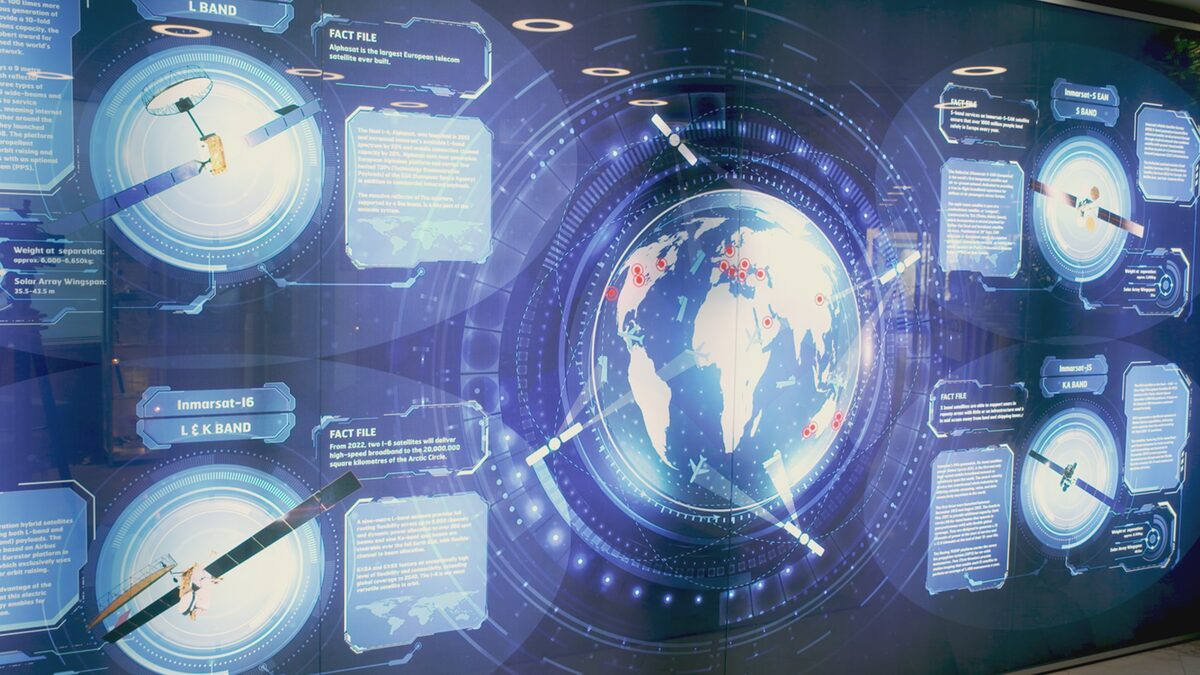
This year marks 120 years since the Wright Brothers successfully launched the world’s first piloted engine-powered plane on a beach in North Carolina, forever changing how we travel, connect, and experience the world.
Aviation remains one of the greatest ever innovations, but it’s also linked to one of the most pressing issues of our time: climate change. The aviation sector generates around 2.5 per cent of global carbon emissions, but when you factor in all the effects of the aviation industry, the figure is estimated to be closer to 3.5 per cent.
To help stem the effects of global warming, urgent changes are needed – but can flying become sustainable? The industry believes so, and has adopted the goal of reaching net-zero carbon emissions by 2050, and a new digital content series called Skies of Tomorrow explores how the sector is working towards this.
The series was produced by Zinc Media Group with guidance from the Air Transport Action Group (ATAG), a not-for-profit association that fosters collaboration in the aviation industry and which has 40 worldwide members, including airlines, manufacturers, airports, air navigation service providers, the tourism sector and sustainable fuel companies. In October 2021 ATAG led the industry collaboration committing to working together to achieve net-zero, something that requires a coordinated response. The Skies of Tomorrow series highlights just a few of the ways companies are playing their part in achieving this goal.
Using data to make a difference
IBA’s NetZero platform provides vital insights into carbon emissions, both now and in the future
(IBA)
IBA is a leading aviation data, intelligence and advisory company that provides cutting-edge ESG consulting and carbon emissions insights. Their IBA NetZero platform – winner of the Sustainability Technology Award for 2022 & 2023 – not only calculates current emissions but predicts future ones. “We have expert representatives around the world working with lenders, financiers, manufacturers and airlines to achieve that net-zero outcome,” says Phil Seymour, President of IBA. “Using the data,” he explains, “IBA NetZero can create what-if scenarios, for example, how much CO₂ would fleet renewal save?” IBA also project forward costs for clients, enabling them to better plan their decarbonisation strategy.
As one of the largest low-cost airlines in the world, easyJet has an ambitious roadmap to achieve zero carbon emissions by 2050….
Click Here to Read the Full Original Article at The Independent Travel…
